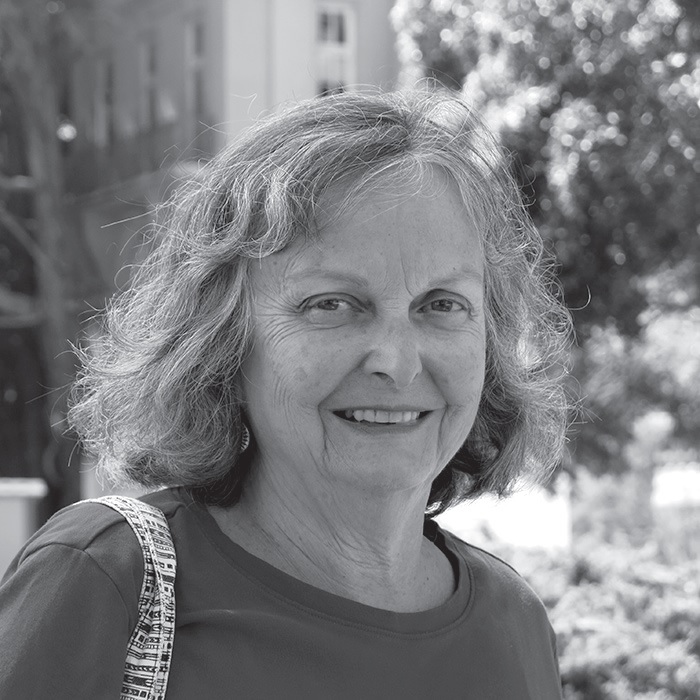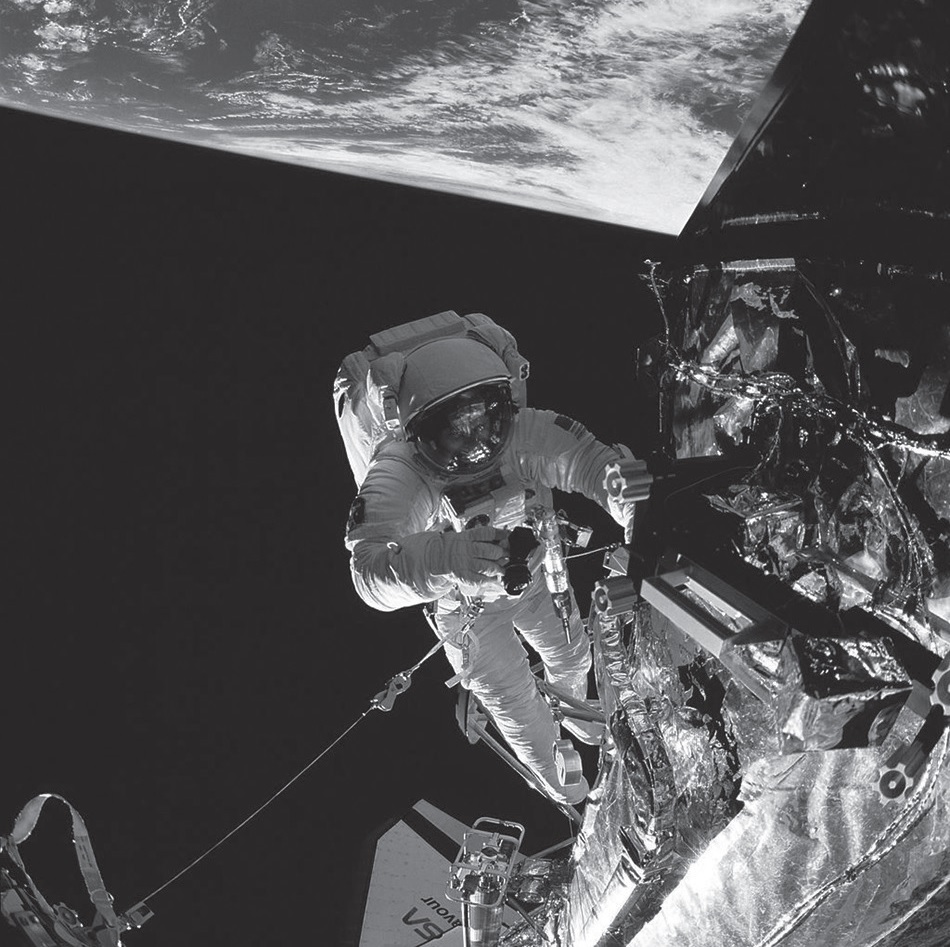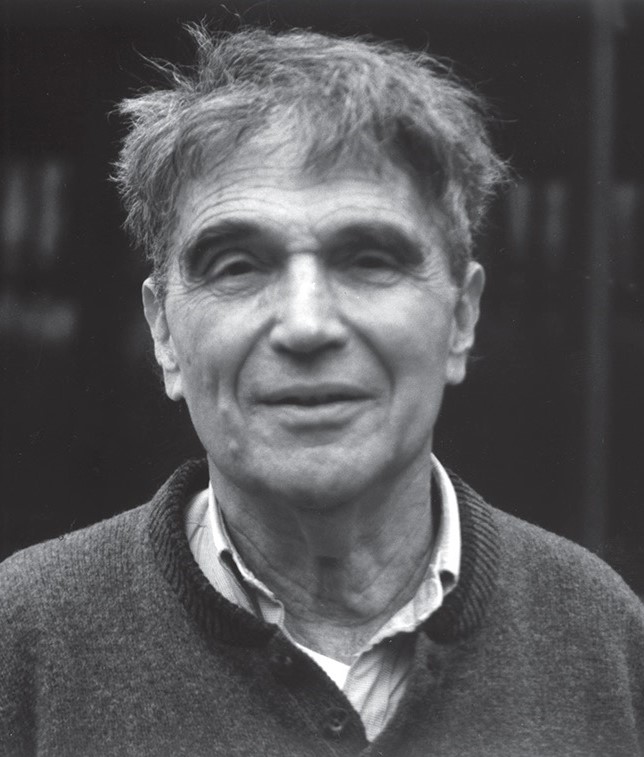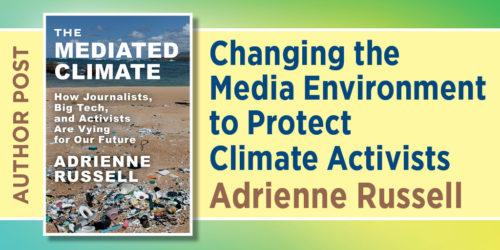Dr. Davida Coady: Protecting Imperiled Populations


Following a long career devoted to the care of the world’s most vulnerable,
including refugees, the homeless, and the incarcerated, Dr. Coady succumbed to
ovarian cancer in 2018.
Davida Coady ’65
A Doctor Devoted to the Care of Disadvantaged Children, Refugees, Addicts, and Lifers
- Pediatrician
- International health activist
- Substance-abuse specialist
Our spotlight on renown graduates of Columbia University’s Vagelos College of Physicians and Surgeons continues today with a piece about Dr. Davida Coady (class of ’65)—a pediatrician-turned international health activist, turned substance-abuse specialist.
Peter Wortsman has written a short post about his experience profiling Dr. Coady. You can read more about her thrilling life and work in pages 66-75 of The Caring Heirs of Doctor Samuel Bard: Profiles of Selected Distinguished Graduates of Columbia University Vagelos College of Physicians and Surgeons
• • • • • •
> The bulk of this interview was conducted within the confines of a maximum-security prison in California. I felt a catch in my throat when the electronic lock clicked and the gate slammed shut behind me in the prison yard, attracting the gaze of individuals many of whom had committed the ultimate crime of murder. But when I met and spoke to Dr. Coady’s patient-students, a select group of men who had decided to face the crimes they committed in their youth under the influence of alcohol and illicit drugs and to try to turn their lives around while training to be licensed peer-mentors in substance abuse counseling, the mask of fear fell from my eyes and theirs and I listened spellbound. Interacting with Dr. Coady, a pediatrician turned international health activist, turned substance-abuse specialist, and her husband, Tom Gorham, these men society viewed as “hardened criminals” peeled off layers of resistance. In the words of James Ward, one of my incarcerated respondents: “I am simply a raw human being trying to do as best as I can. It takes a special kind of person to work with someone like me, to look me in the eye and tell me there’s still something worth saving, and then go ahead and teach me how.”
AIDING REFUGEES IN ASIA AND CENTRAL AMERICA
Back in the States again, shortly after she completed her work in India, another crisis beckoned. In 1978 the Vietnamese army invaded Cambodia, then under the oppressive rule of Pol Pot and the Khmer Rouge. Tens of thousands of panicked Cambodian refugees fled into neighboring Thailand, where they faced harsh conditions and severe shortages of food and medical supplies. Dr. Coady once again joined forces with Concern, in support of the efforts of the U.N. to direct the various aid groups: “Somebody needed to direct the training of these volunteers who were pouring in from all over the world, many of whom didn’t know a thing about what they were doing.”
At around the same time, the Nicaraguan Revolution broke out in an effort to topple the brutal dictatorship of Anastasio Somoza De Bayle. Having maintained a strong emotional tie to Central America ever since her days as a student in Guatemala, Dr. Coady connected with the exiled Nicaraguan Sandinista rebels living in the Bay Area.
When the Sandinistas overthrew the dictator in 1979, Dr. Coady pitched in to help rebuild the country’s public health infrastructure. Working with the Nicaraguan Ministry of Agriculture, in an effort to address the lack of doctors and other health professionals in rural areas, among other initiatives, she helped distribute Spanish editions of a manual of basic medical advice, Where There is No Doctor: A Village Healthcare Handbook, published by the Hesperian Foundation, a book since translated into over 100 languages.
And when civil war broke out that same year in El Salvador, and refugees went pouring into neighboring Honduras, she once again pitched in, working under the auspices of the U.N. High Commission of Refugees to help organize the relief effort: “By this time I saw myself and was known as an authority on refugee health care.” She subsequently became involved in refugee aid in the wake of an armed struggle in Guatemala and thereafter in Mexico at the time of the Zapatista-led rebellion of indigenous peoples in the southern state of Chiapas.
Her home in Berkeley became a depot for the relief effort: “Hundreds of thousands of dollars’ worth of medicine went through this house on the way to Central America.”
The following year found her shuttling between Uganda and neighboring Kenya, directing famine relief among the Karamojong minority in northeast Uganda in the wake of the fall of Ugandan dictator Idi Amin.
Excerpt from page 73 of The Caring Heirs of Doctor Samuel Bard: Profiles of Selected Distinguished Graduates of Columbia University Vagelos College of Physicians and Surgeons. Order a copy of the book, and save 30% with coupon code CUP30 at checkout.







